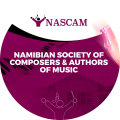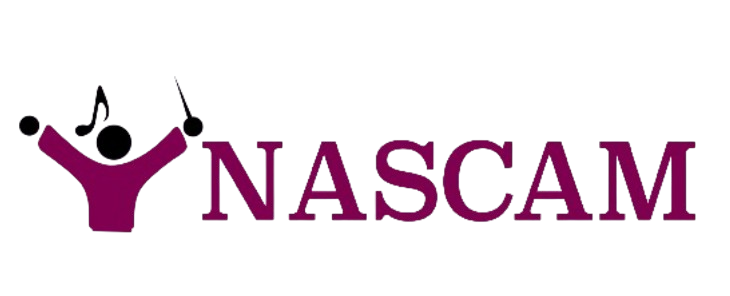Everything You Need to Know About Your Rights"
The following is a list of our most frequently asked online questions. Should you not find the answer to your question listed below, then please send your question through our contact information
Any business, venue, or individual that plays music publicly, whether recorded,
broadcast, or live, must obtain a music usage license from NASCAM. This includes
establishments such as restaurants, bars, clubs, shopping malls, hotels, broadcasters
(radio and TV), mobile DJs, event organizers, and even taxis or buses playing music for
passengers.
If you use music in a public or commercial setting and you are not the creator of that
music, you are legally required to pay license fees under the Copyright and
Neighbouring Rights Protection Act 6 of 1994.
By becoming a licensee, you legally support Namibian and international music creators,
ensuring they are compensated for their work. This fosters a healthy, sustainable music
industry that benefits your business by enhancing the atmosphere and customer
experience. Being a licensee also boosts your business’s credibility, avoids legal risks,
and demonstrates your commitment to ethical business practices.
Most NASCAM music usage licenses are valid for one year and must be renewed
annually. The specific duration and renewal terms are outlined in your licensing
agreement. Always review your agreement or contact NASCAM for details about your
license’s validity.
NASCAM licenses the use of music, collects license fees from users, and distributes
royalties to music creators; songwriters, composers, and publishers. NASCAM also
advocates for creators’ rights, provides education on copyright, and works with law
enforcement to protect against unauthorized use of music.
Different types of music use require different licenses because the scope, audience
size, and nature of usage vary. For example, a radio broadcaster, a nightclub, and a
restaurant each use music differently and at different scales. NASCAM assesses each
situation to ensure fair licensing and royalty distribution, matching the license type and
fee to the business’s specific needs.
Mechanical rights refer to the rights of creators to be compensated when their music is
reproduced, such as on CDs, digital downloads, or streaming platforms. These rights
cover the copying and distribution of music recordings in various formats.
Yes, you do. A TV license only covers the right to receive and view broadcast signals for
personal use at home. If you play music or broadcast TV in a public or commercial
setting (like a shop, bar, or restaurant), you still need a NASCAM license to cover the
public performance of music content.
Royalties are distributed to NASCAM members based on the collection and allocation
cycles. After deducting administrative and social responsibility fees, the remaining
royalties are paid to members according to the usage reports submitted by music users
and broadcasters. For specific payment timelines, contact the NASCAM office.
If you discover your music is being used without a NASCAM license or your permission,
report the infringement to the NASCAM office immediately. Provide as much detail as
possible (location, date, nature of use). NASCAM, in collaboration with the Namibian
Police, will investigate and take enforcement action under the Copyright and
Neighbouring Rights Protection Act 6 of 1994. Penalties for unauthorized use can
include fines, confiscation of equipment, and even imprisonment.
Connect With Us
We value engagement with our members, partners, and the wider creative industry.
Whether you are an artist, music user, or industry stakeholder, we invite you to reach
out, collaborate, and be part of Namibia’s creative journey.
Address and Contact Information
5 Johnson Street, Eros, Windhoek, Namibia
Telephone: +264 83 721 1400
Email: info@nascam.org.na

